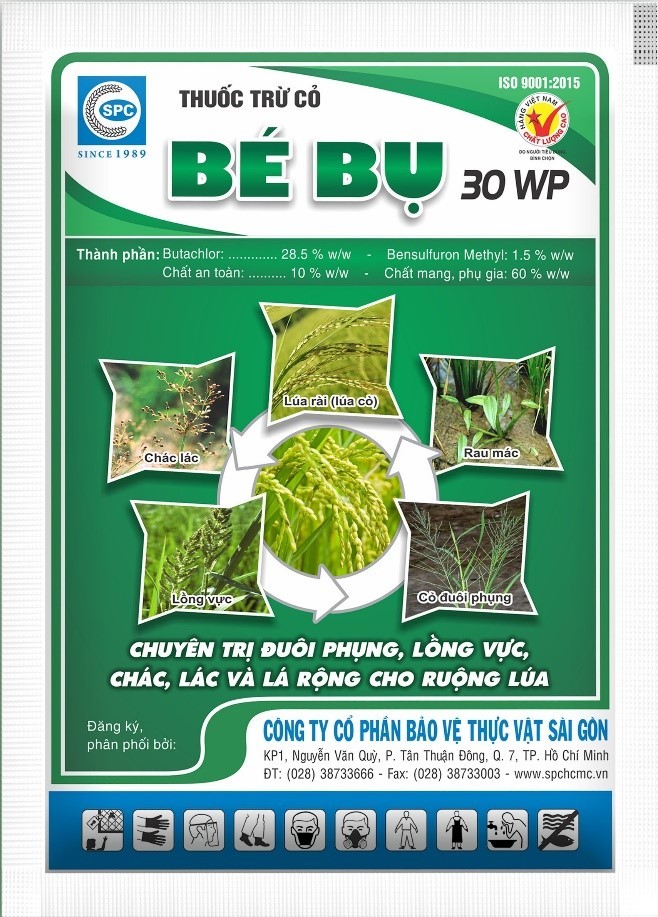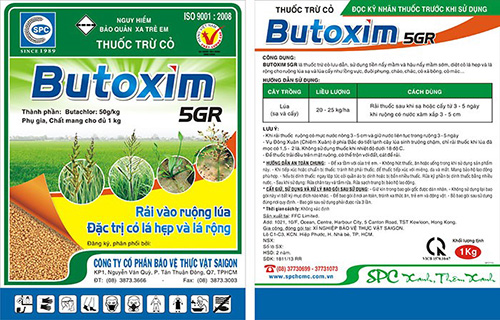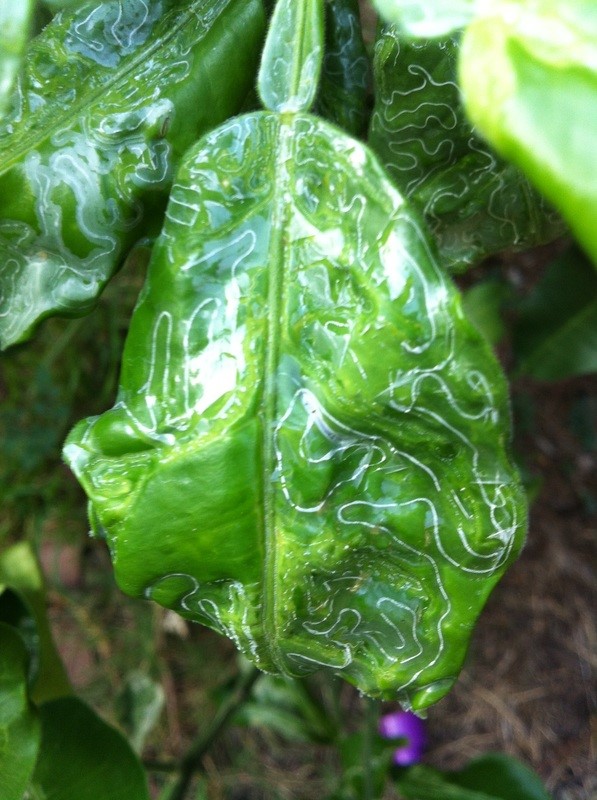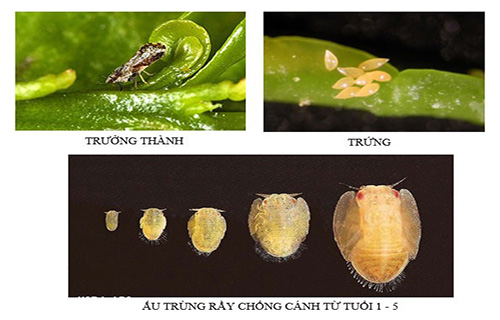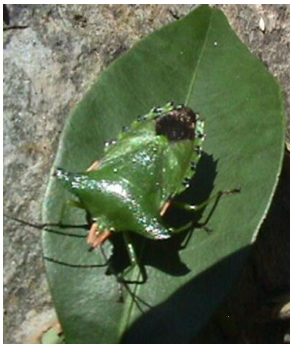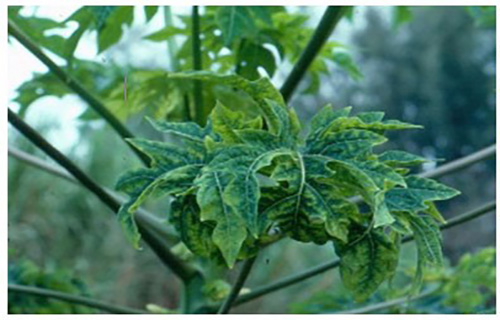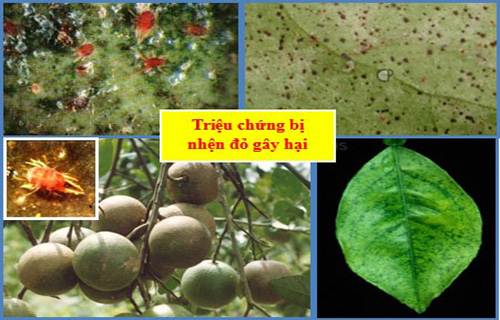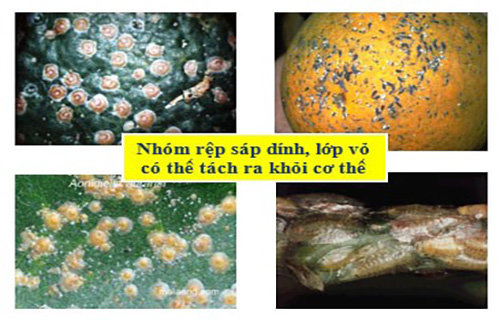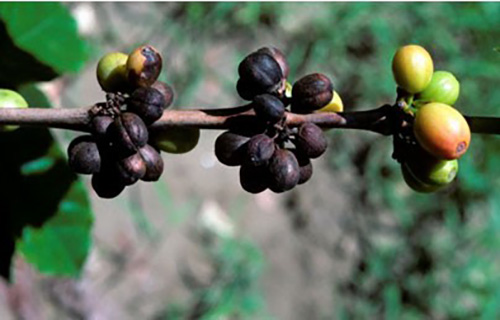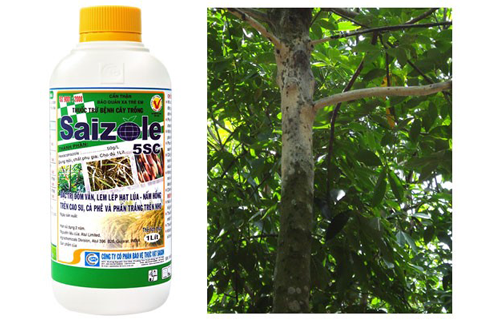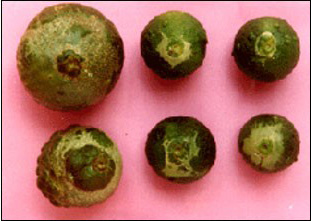|
BEBU 30 WP HERBICIDE FOR THE RICE FIELD IN WINTER-SPRING CROP 2021-2022
21/06/2023
BEBU 30 WP HERBICIDE FOR THE RICE FIELD IN WINTER-SPRING CROP 2021-2022 26/05/2022 Weeds are always the top concern of farmers, especially rice growers, because if weeds are not completely eradicated, they will compete for nutrients, water, and light, reducing crop yield and causing. negative impact on the quality of agricultural products. The weeds have strong roots and are located in the top soil layer, so they can easily absorb nutrients, grow and press on the surrounding rice plants, making the rice grow barren and underdeveloped. Weeds in rice fields include .There are many types and are divided into 3 groups: - Group of grass weeds : Echinochloa colona , Echinochloa crus-galli ,Digitaria sp - Group of sedge weeds : Cyperus difformis , Fimbristylis miliacea , Eleocharis sp , Cyperus sp - Group of broafleaved weeds : Marsilea quadrifolia ,Monochoria vaginalis ,Ludwigia octovalvis , Rotala indica On the market today, there are many types of herbicides and are sold under many trade names with different active ingredients, but they all have the common feature that each contains only one active ingredient, so the weed control effect is achieved one or two weed groups only , it is not possible to completely eliminate the weed groups in the rice field. Therefore, with the desire to eliminate all weeds in rice fields, farmers often mix 02 herbicides themselves, or have to spray again, which is costly, sometimes expensive. It also causes toxicity to rice plants due to the inappropriate ratio of the two products. To help farmers solve this problem, Saigon Plant Protection Joint Stock Company has researched, produced and marketed the BEBU 30WP herbicide. Winter-Spring crop, including 02 active ingredients Butachlor and Bensulfuron Methyl are mixed in an appropriate ratio, excluding all 03 weed groups: Grass weeds , Sedge weeds, Broadleaved weeds ,especially the contains safener so it can protect the rice sprouts when growing, help the seedlings to grow and develop well. Highlights of the BE BU 30WP product: - There are 02 herbicide controlling active ingredients in 01 product - Effectively eradicate all 3 groups of weeds in rice fields. - Herbicide penetrates into plants through leaves, roots and sprouts, so the herbicide efficiency is very high. - Very safe for rice plants when using - The has a herbicide effect in all 03 stages: the weed has not yet grown, the weed seeds has just sprouted and the weed has grown with one leaf. - Easy to use, can be mixed with spray water, or mixed with soil/sand to spread.
-Some technical details to note when using product : Spraying right after sowing to 03 days after sowing.. When spraying, the field soil must be moist enough. Do not spray when the field is dry and cracked. Amount of used: 1.2kg/ha (mix 60gr of in a 16-liter- watertank, spray 02 of 16-liter-tanks for 01 công = 1,000m2 of field or mix 90g of product in a 25-liter- watertank, spray 13 tanks of 25-liter- tanks for 01 hectare) . - Stir well when mixing herbicide in water. - After spraying for 01-03 days, put water in the field, adjust the water level in accordance with the growing rice stage, do not let the water flood the tops of the rice. - Carefully read the manufacturer instructions printed on the package before using the product.
|
To prevent, in addition to plowing and burying weed seeds, collecting weed stalks and stumps left after tilling the land to burn, not letting weeds produce seeds in production fields, etc., the use of chemical products is still a measure. optimal because of its ability to thoroughly kill weeds, reduce labor and take advantage of more time than manual weeding.
Miner has the scientific name Phyllocnistis citrella Staint., family Phyllocnistidae, order Lepidoptera. The miner occurs in many countries in the tropics and subtropics. The main host of the miner is the citrus family - Rutaceae. In addition, the miner also attacks mangosteen and some other plants.
Adult is a small planthopper, with a body 2-3 mm long, the whole body is ash gray, slightly greenish, the wings are opaque with many small brown spots.Eggs are oval, 0.3 mm long, have a pointed end and are attached directly to the leaf surface, leaf axils.
Green bugs specialize in the fruit of citrus groups (oranges, tangerines, lemons, grapefruits, kumquats...), some people call them orange bugs, or orange suckers. Their scientific name is Rhynchocoris poseidon or Rhynchocoris humeralis.
In Vietnam, yellow leaf curl disease is very common on papaya trees, especially the disease is often severe in areas of high and continuous planting, areas with hot and arid climates. The disease has significantly reduced the yield and quality of papaya. Gardens that are infected early when the plants are young may not yield. However, up to now, many gardeners still do not know the cause and how to fix it.
Spider mites are common pests on citrus trees, especially in hot and dry climates that are suitable for spiders to grow and cause severe damage.The group of harmful spiders is usually very small in size, unlike the natural enemy spiders.
This group includes species that are generally very small in size, causing damage by sucking plant sap (on leaves, fruits, branches, stems).
There are many species of mealybugs present on the group of Oranges,Tangerines,Grapefruits and Lemons (Citrus), which can be divided into 2 groups:
+ Group of sticky mealybugs with common varieties such as Lepidosaphes, Aonidiella, Coccus and Saissetia.
+ Group of flower mealybugs with common genera and species such as Pseudococcus, Planococcus and Icerya purchasi.
Dry branches and berries disease often appear to be common damage on coffee gardens during the rainy season. The disease causes death of branchs, dry fruit, severely affects the canopy structure and coffee yield if not paid attention to prevention.
Pink disease commonly causes diseases on rubber plantations in the rainy season, especially on garden from 4-8 years old. This year, rubber has to go through a period of severe drought, weakening the tree, so now in tnshe rainy season it is easy to get infected. Therefore, it is necessary to pay attention to good management to avoid affecting the garden.
In recent years, the area of citrus has been expanded because it is a fruit tree with high economic efficiency. However, in order to sell at a high price, not only in quality but consumers also require the external beauty of the fruit, so pest management on citrus is a matter of great concern to farmers. The hot season is a favorable condition for thrips to develop and cause damage, affecting the commercial value of fruit.
- Headquarters
- SAIGON PLANT PROTECTION JOINT STOCK COMPANY
- RQ 1, Nguyen Van Quy St., Tan Thuan Ward, HCM City
- Tax code: 0300632232
- Tel: (028) 38 733 295 - 38 732 077
- Fax: (028) 38 733 003 - 38 733 391
- Website: www.spchcmc.vn - Email: info@spchcmc.vn
- SAIGON PLANT PROTECTION COMPANY
- SAIGON PLANT PROTECTION JOINT STOCK ENTERPRISE
- Lot C1-C3 Hiep Phuoc Industrial Park, Hiep Phuoc Commune, HCM City
- Tel: (028) 3873 4089 - Fax: (028) 3873 4086
- Affiliated Unit
-
- Quick Links
- Home
- About us
- Career Opportunities


